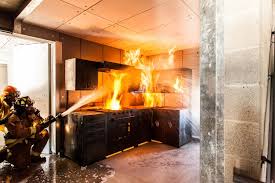
There are few things more beautiful than cut flowers in a vase. They instantly brighten any room. That is, of course, until they wilt and die. So how do you make cut flowers last as long as possible? Here are some ideas:
- Cut the bottom of the stems before you put the flowers in the vase. An angled cut is best as this will enable the flower to draw in more water.
- Add a fertilizer to the water. Most flower shops include a pouch with the order. Follow the directions carefully. Don’t use too much.
- Make sure the vase is high enough to support the flowers. Too much strain on the stems will cause the flowers to die sooner.
- After a couple of days, re-snip the stems. This will add an additional day or two to the life of the flowers.
- Flowers last longer if you put them in the fridge (in water) overnight. That’s why florists store cut flowers in cool rooms.
Finally, watch the water level and top off as required. Older cut flowers will die quickly when starved of water — even for just a couple of hours.





